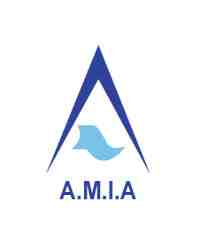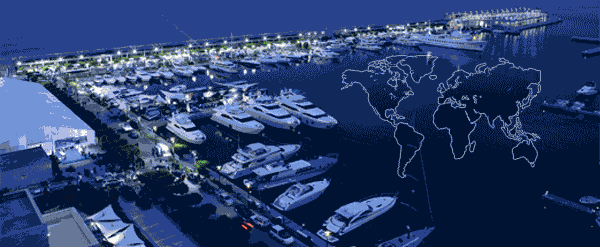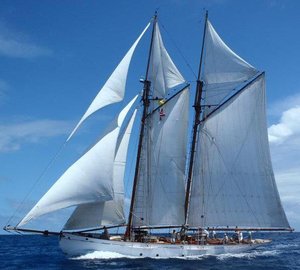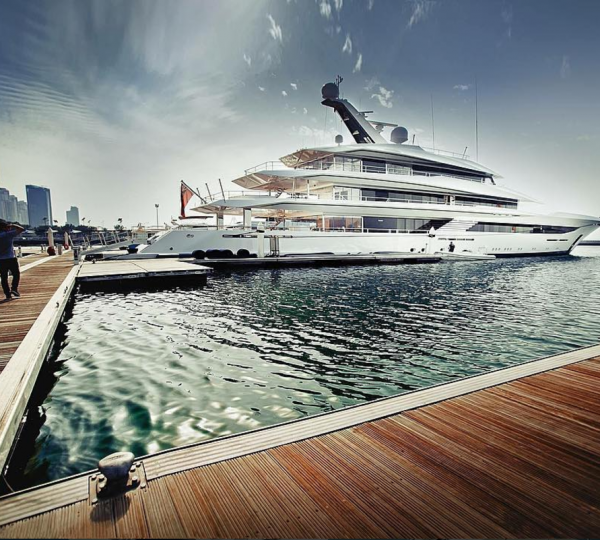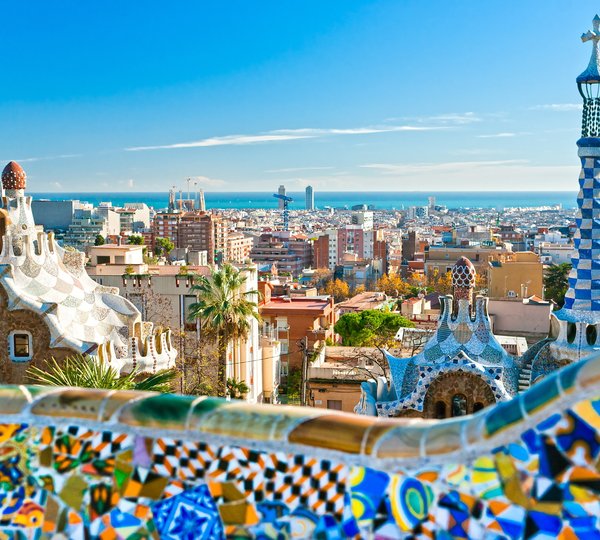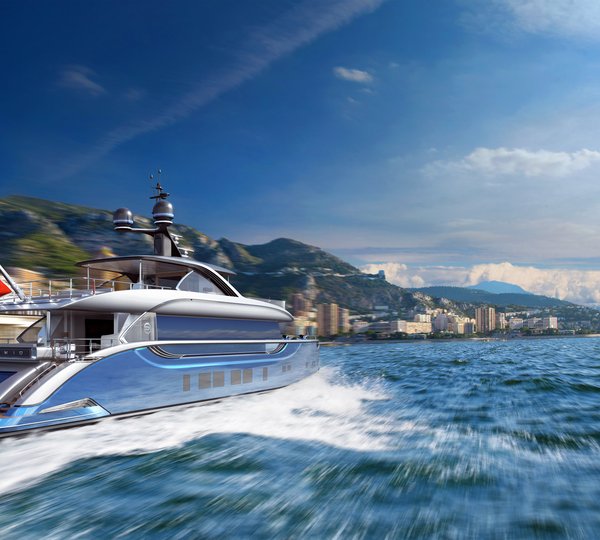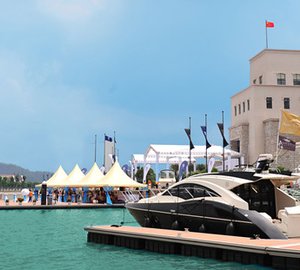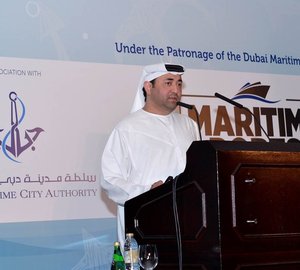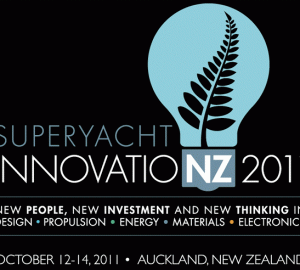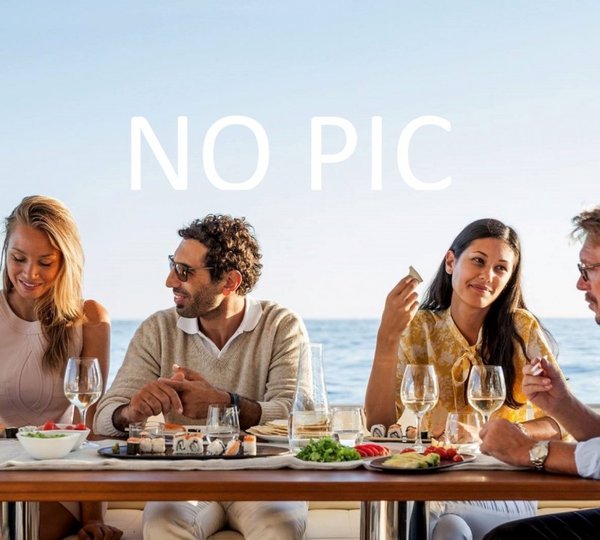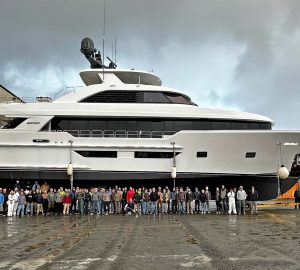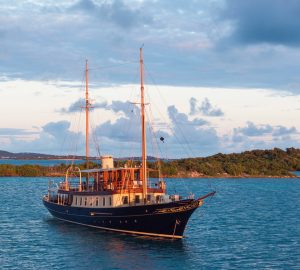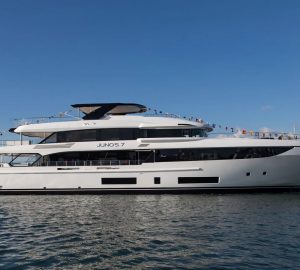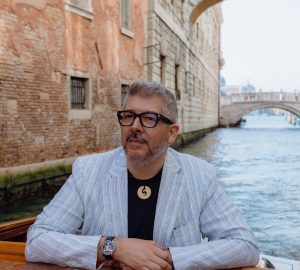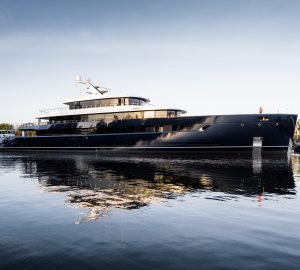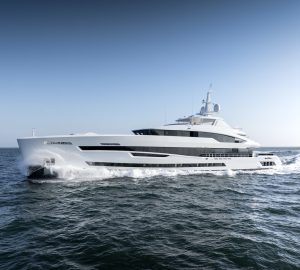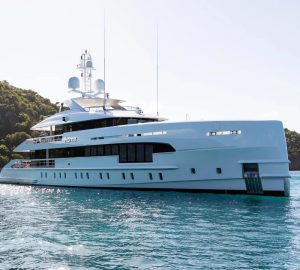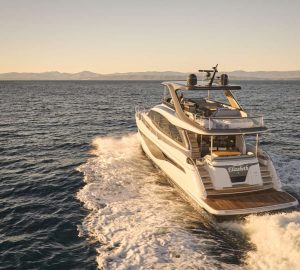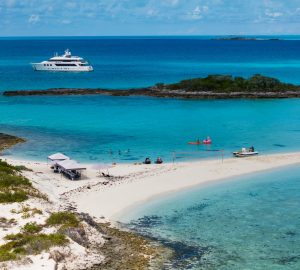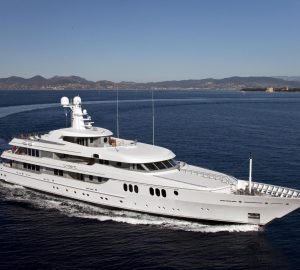The Arab Marine Industries Association (AMIA) held a conference yesterday during the second day of Beirut Boat 2010. The event was organised as a platform where industry participants and government officials exchanged ideas related to marina development, legislation for maritime activities and cleaning up local waters to grow the Middle East’s boating industry.
The event was attended by the Ambassadors to Lebanon from the UK and Spain, as well as Lebanon’s ministers of tourism and the environment. Representatives from the head of the Lebanese Armed Forces as well as the department of maritime transport also attended the conference.
British Ambassador Frances Guy told the group that coastal areas in the Arab world “are under stress” because of demographic shifts from rural to urban areas and untreated waste dumping. “The marine environment is increasingly threatened by land-based sources of pollution and by the heavy ship traffic in the region,” she said. “We need to consider the wealth of the sea itself. The ecosystem is vital to us to supply food and medicine.”
Guy said that the European Commission has a “hotspot” programme open to all countries on the Mediterranean for investing in improving infrastructure. “Lebanon has only four projects ongoing in this field while other neighboring countries have ten,” she said. “It is time to take action and preserve the marine environment now that the Lebanese government and economy are finally stable.”
Lebanon’s Minister of Tourism Fady Abboud said that the country enjoys an “advantageous geographical location” in the Middle East, and that the country is developing its marinas and preserving its waters because it is “vital to the economy.” Lebanon’s Environment Minister, Mohamad Rahhal, said regulatory “decrees” protecting local waters were being issued.
Edward Aoun, AMIA secretary general, said there was “unexplored potential” in the coastal areas of the Arab world. He spoke about the crucial roles marinas play in creating local businesses. “Marine tourism and private boats remain one of the most important components of tourism in Lebanon, especially now that Lebanese marinas are full,” said Aoun.
AMIA is “fully engaged,” said Aoun, in organizing all available resources for the development of marine tourism. “AMIA is a multifaceted organization that goes far beyond the business spectrum to act as an economic catalyst for growth,” he said. He called on government entities to adopt new regulations concerning maritime activities and highlighted the economic benefits from “sound-sea” developments in Lebanon and the rest of the Arab world.
The day was divided into two sessions, with white papers presented by different speakers. The topics ranged from “Opportunities and Challenges of Waterfront Development in the Middle East” to “Government Legislation for Maritime Activities and Border Crossings.” There were also several papers on green marinas and Blue Star marina certification.

